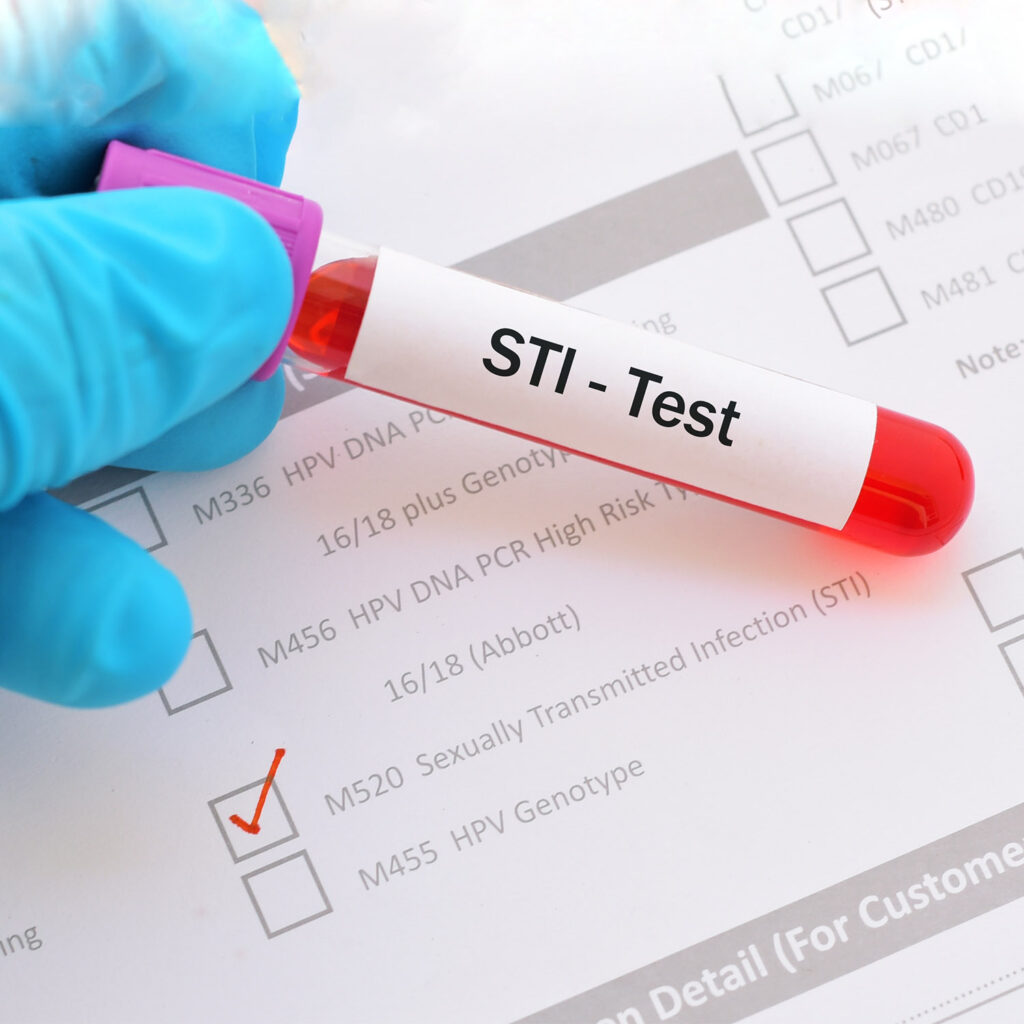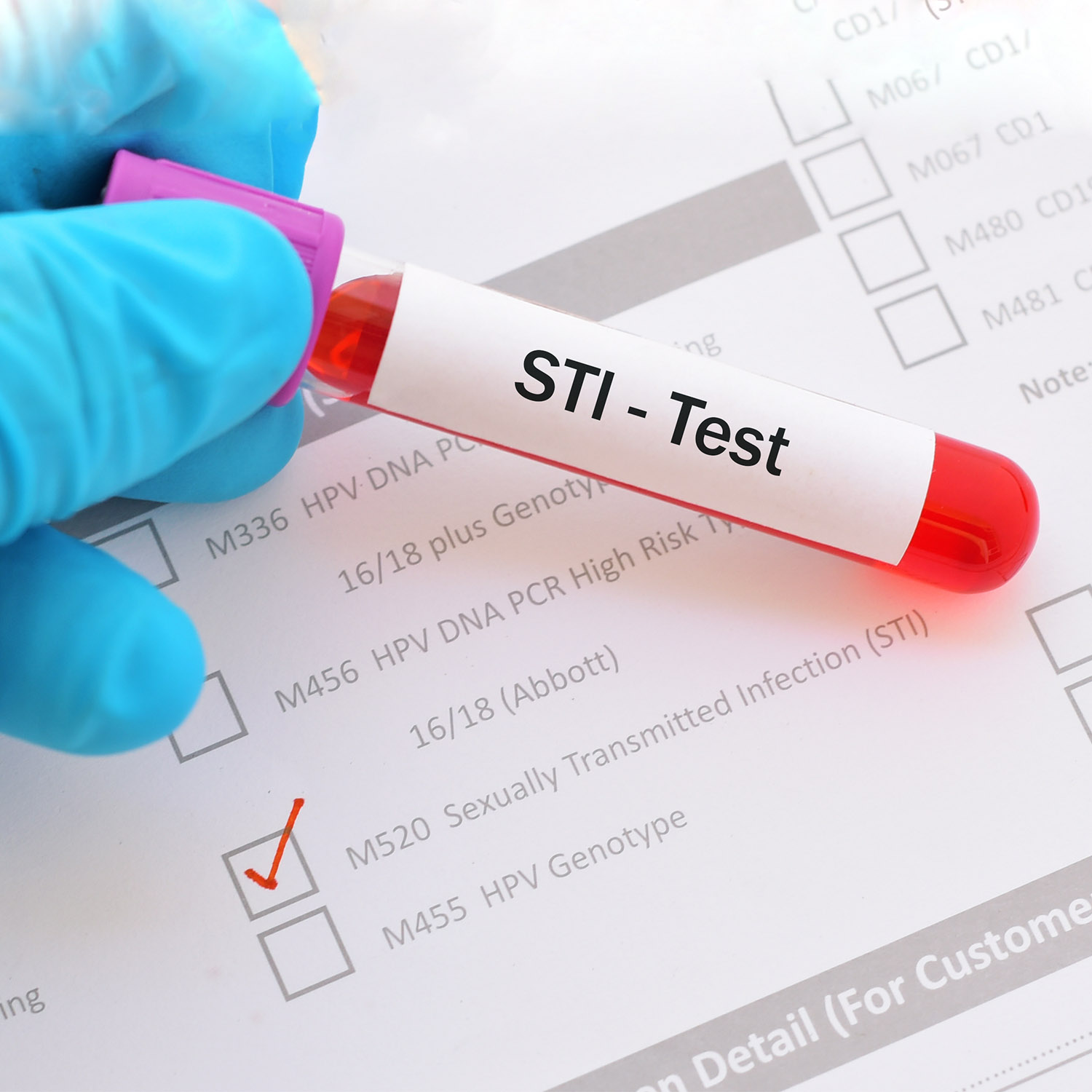
According to the Centers for Disease Control and Prevention (CDC), approximately 68 million people in the United States were living with STDs as of 2018. This number is likely much higher since many STIs go unreported due to the stigma around testing. Unfortunately, when left untreated, these infections often result in severe health problems such as infertility and cancer. This is why getting regular Kingwood STD testing can save you a lot of heartaches later.
Commonly Tested STDs
Due to the significant number of different STIs and the similarity in their symptoms, most doctors test for several infections at once. One visit to a testing center is enough to check for:
· Hepatitis B
· Syphilis
· Chlamydia
· Gonorrhea
· Trichomoniasis
· Human Immunodeficiency Virus (HIV)
Your doctor is unlikely to test you for genital herpes unless you ask for the test or have had known exposure to the disease.
When Should You Get Tested for STDs?
You probably may not need regular STD testing if you are in a long-term, mutually monogamous relationship, and both you and your partner were tested before entering the relationship. However, it is imperative to get tested if:
· You have multiple partners.
· You are about to begin a new relationship.
· Your partner has cheated on you with multiple partners.
· You have STI-related symptoms.
· You and your partner are opting not to use condoms.
A good rule of thumb is to get tested regularly, regardless of the nature of your relationship – monogamous or otherwise – especially since early detection will increase your chances of recovery.
How Are STD Tests Performed?
There are a variety of tests your doctor may order to check for STDs, such as:
· Blood and Urine Tests
Doctors often prefer to use urine and blood samples to check patients for syphilis, chlamydia, gonorrhea, and HIV. However, the main disadvantage with using urine and blood tests is that they are not as accurate as other forms of testing. It may also take more than a month after being exposed to certain STIs for the blood and urine test to be reliable.
· Swabs
Your doctor may also use a cotton applicator to take vaginal and cervical swabs during a pelvic exam. They might also insert a cotton applicator into your urethra to take urethral swabs. Moreover, if you had anal sex, the doctors will check for infectious organisms in your rectum using a rectal swab.
· Physical Examination
There are some STIs, like genital warts and herpes, where your doctor will need to conduct a combination of physical examination and other tests to check for bumps, sores, and other STD signs.
Conclusion
If you are sexually active, it is advisable to go for routine checkups every three to six months. Doing this will not only alert you of any infections but also protect you and your partners from awkward conversations and severe complications down the line. For reliable STD testing, contact Patrick Rhodes, MSN, APRN, FNP-C, at the Supreme All Care Health and Wellness to set up an appointment. He and his highly experienced team guarantee reliable STD and HIV testing on-site and comprehensive treatment or counseling depending on the results.
